Maersk exec on billion-dollar market: There is no real competition in this area
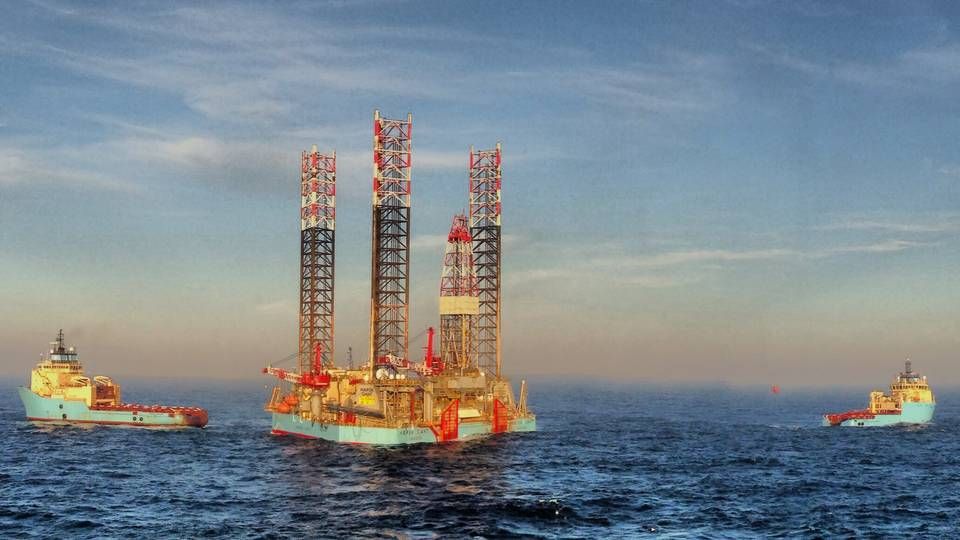
Maersk Decom is the latest offshoot from the Maersk family tree, but despite its newly-minted status, the company is not lacking ambition.
The new company, which is a 50 / 50 joint venture between Maersk Supply Service and Maersk Drilling, offers decommissioning of major offshore installations. As a start, the firm will primarily focus on North Sea projects, a market which is estimated by Maersk Decom to contain USD 50 billion in contracts over the next five to ten years.
"Our ambition is in any case to be able to take 10 percent of the market in the first year. Depending on what happens, we are planning to become even more specialized the in these solutions," says Jens Klit Thomsen, CCO of Maersk Decom, who was recruited from Maersk Supply Service.
Asked whether the company sees any competitors in the field which could prevent them from taking a large market share, the answer is: Not really.
"Some companies have said they want to do the same. But there is not really anyone who has done it in the large scale that we have. We will not start from the beginning each time like many operators will have to because they have not attempted it before. We also have a unique access to experience and resources in the form of Maersk Supply Service and Maersk Drilling," says Klit Thomsen.
Maersk Decom also adds that the the company differentiates itself by delivering full solutions instead of just partial elements, which should send contracts rushing to the company's door.
"We will do it simply with a project team that has the knowledge it needs, and, with the right partners, we will deliver full solutions. In this way, we can optimize costs and plan much more than is currently being done," says the CEO.
Several years of experience
Maersk has previous experience with decommissioning in the English part of the North Sea with platforms such as Janice and Leader, for example. Planning began back in 2015, and the three years experience gives Maersk Decom an advantage, says Klit Thomsen. On the back of this experience, the company has already built a model for how to resolve the different tasks, and, from summer 2019, Maersk Decom expects to be ready to carry out offshore projects.
The timing for the introduction of Maersk Decom to the market is not a complete coincidence. Oil prices, policy and lacking specialists are some of the reasons for projects having been delayed, says Klit Thomsen, and companies have not been able to throw themselves into decommissioning tasks. However, a wave of contracts is now on the way, and Maersk Decom wants to catch them in its net. Looking exclusively at the North Sea, more than 400 fields are expected to terminate production before 2026.
"When we meet customers now, they say decommissioning tasks can no longer be postponed. Therefore, it seems a wave of tasks will arrive now and going forward," says Klint Thomsen.
While the company does not see itself having much regional or global competition, the executive has no doubt that there are others which will jump on board at the chance to be part of the lucrative market.
"This is a huge market, and there must be room for competition. I have no doubt that others will move in. When we move into the area in this way, there will likely be others who believe that now there is something in it," says the CEO.
Will you take on activities both within the closure of old wind farms and unused production facilities in the oil and gas sector?
"Our focus is, of course, the oil and gas industry, because that is where the largest market is. But last year, we saw the first wind decommissioning project in Denmark. It is obvious that some of the competences required for secure decommissioning apply equally to a wind turbine as a drilling platform. When you have worked with oil, where there is a potential for more dangerous substances, it would then not be more difficult to decommission a wind farm.
What markets are you looking at?
"We are looking at Norway, the Netherlands and the German section of the North Sea. We are generally looking at the entire North Sea, as that is where the largest market no lies. That is where the rules are most clear so there is a huge possibility that something will happen. But we are a global company and if we have the right project in, for example, Asia or Brazil, we could certainly also set up to deliver it. This is the advantage of being connected to the Maersk parent company – we have offices all over the world and we can set up quickly and scale locally with the knowledge we have."
"The reason I say Brazil is that there is a huge offshore oil market in the country that also needs to be decommissioned at some point. The same applies for Asia and the US – and Africa, even though that is a little further away than the other markets."
The Danish Energy Agency first published guidelines for decommissioning in June of this year, whereas in the UK, there have been guidelines since 2009. Has that been a challenge?
"That has not been so necessary in Denmark previously, but it is beginning to become so now. It is a step in the right direction that there is now more clarity about what is expected. Danish rules are very much in line with the UK's and refer directly to them for further information. Even though they are only 12 pages long and are not as clear as in the UK sector, this is not necessarily a bad thing. It allows for a dialogue to create the rules together, and we would very much like to be part of developing these plans and to share our experience. "
What is the biggest challenge?
"One of the biggest challenges I see is the way oil companies are set up today. They are not decommissioning specialists, they are specialists in getting the most out of oil and gas extraction, and they have been good at it for many years. There is no one on the market which has dedicated itself to to getting decommissioning to be just as smart as when developing a new fielld. It seems that there is no one in the market who found it appealing enough to move into this part of the value chain. We believe we can take up this challenge and become specialized within it and streamline this process so it is performed in a reasonable and socially-respectful way. Environment is one of the challenges when removing these platforms. Oil and radioactive material can be present, and this needs to be handled in the right way."
English Edit: Lena Rutkowski
Maersk's new decommissioning venture now has a name
BP's Q2 result exceeds expectations, showing a few green investments

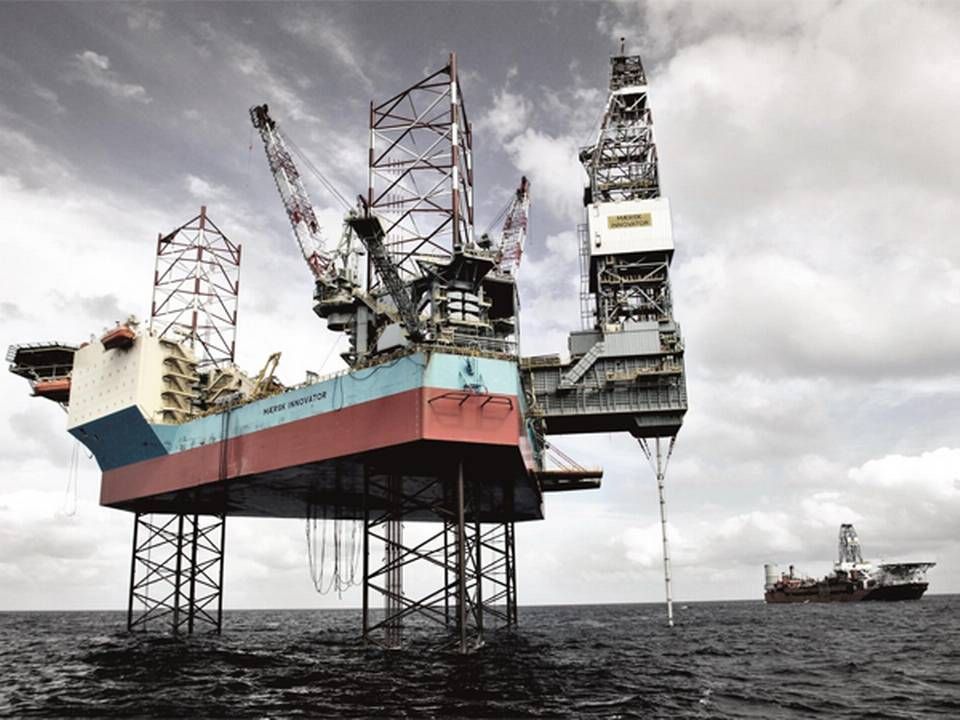
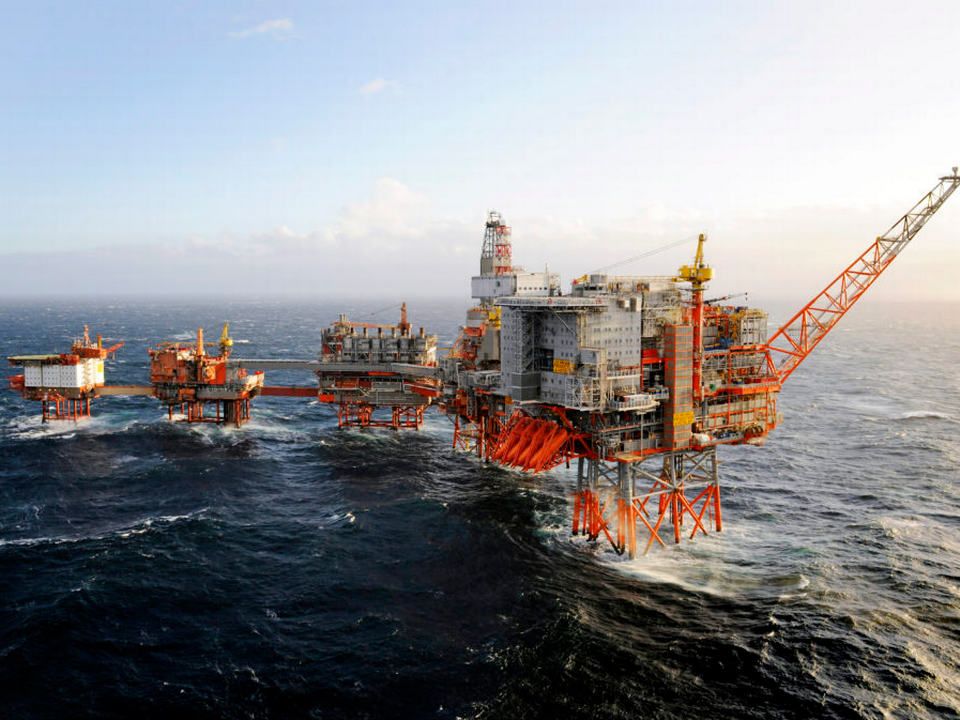

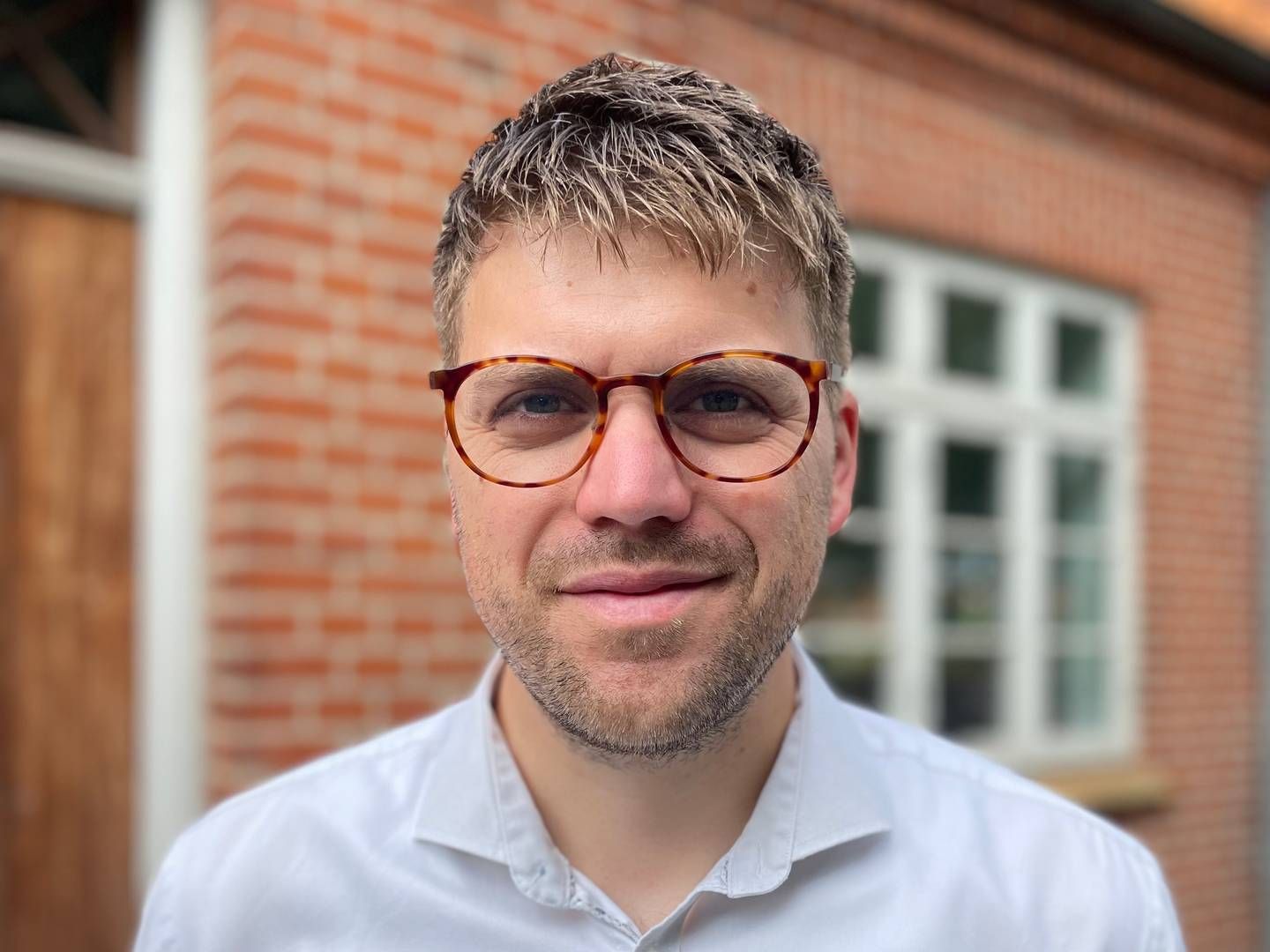
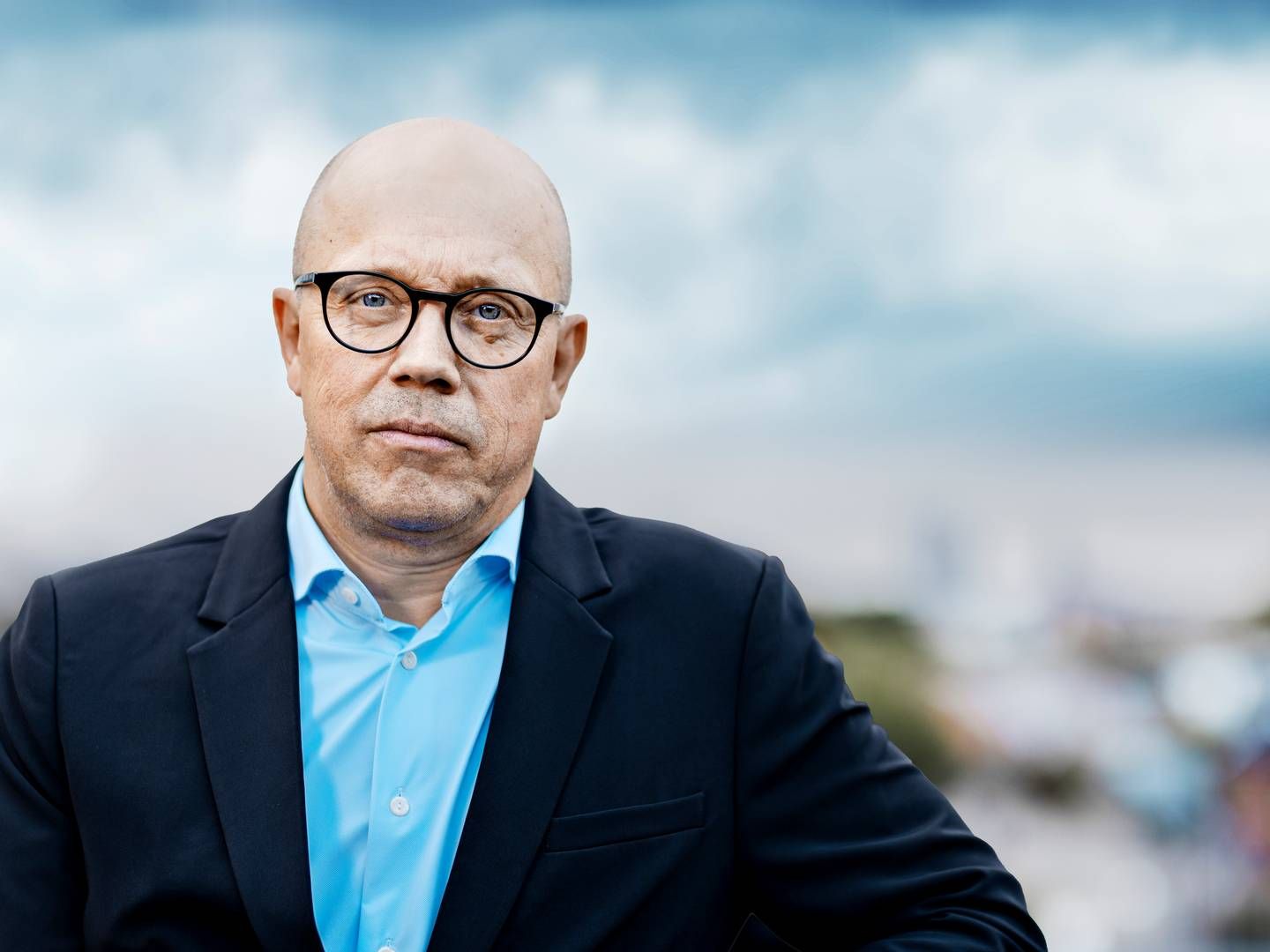



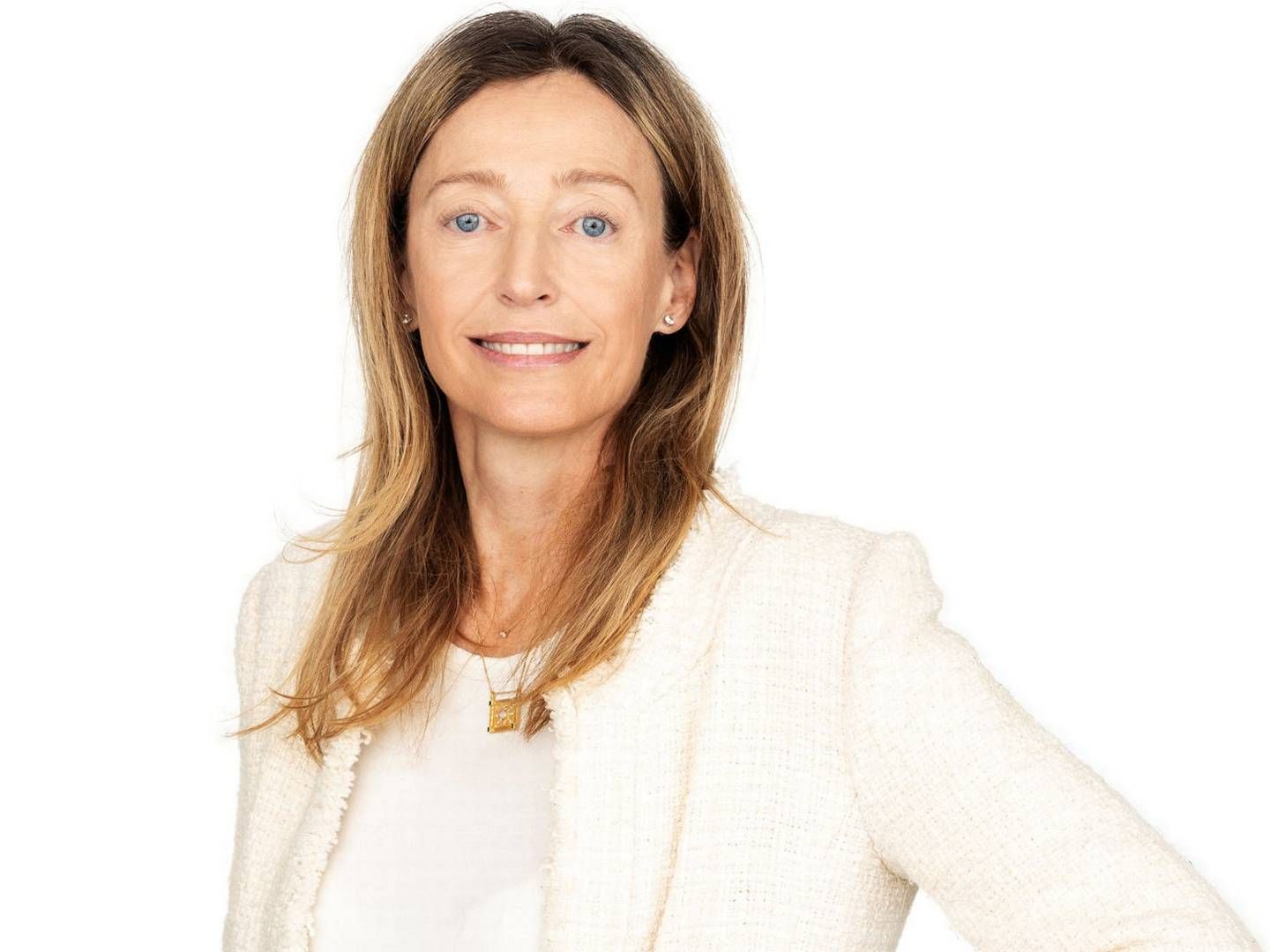

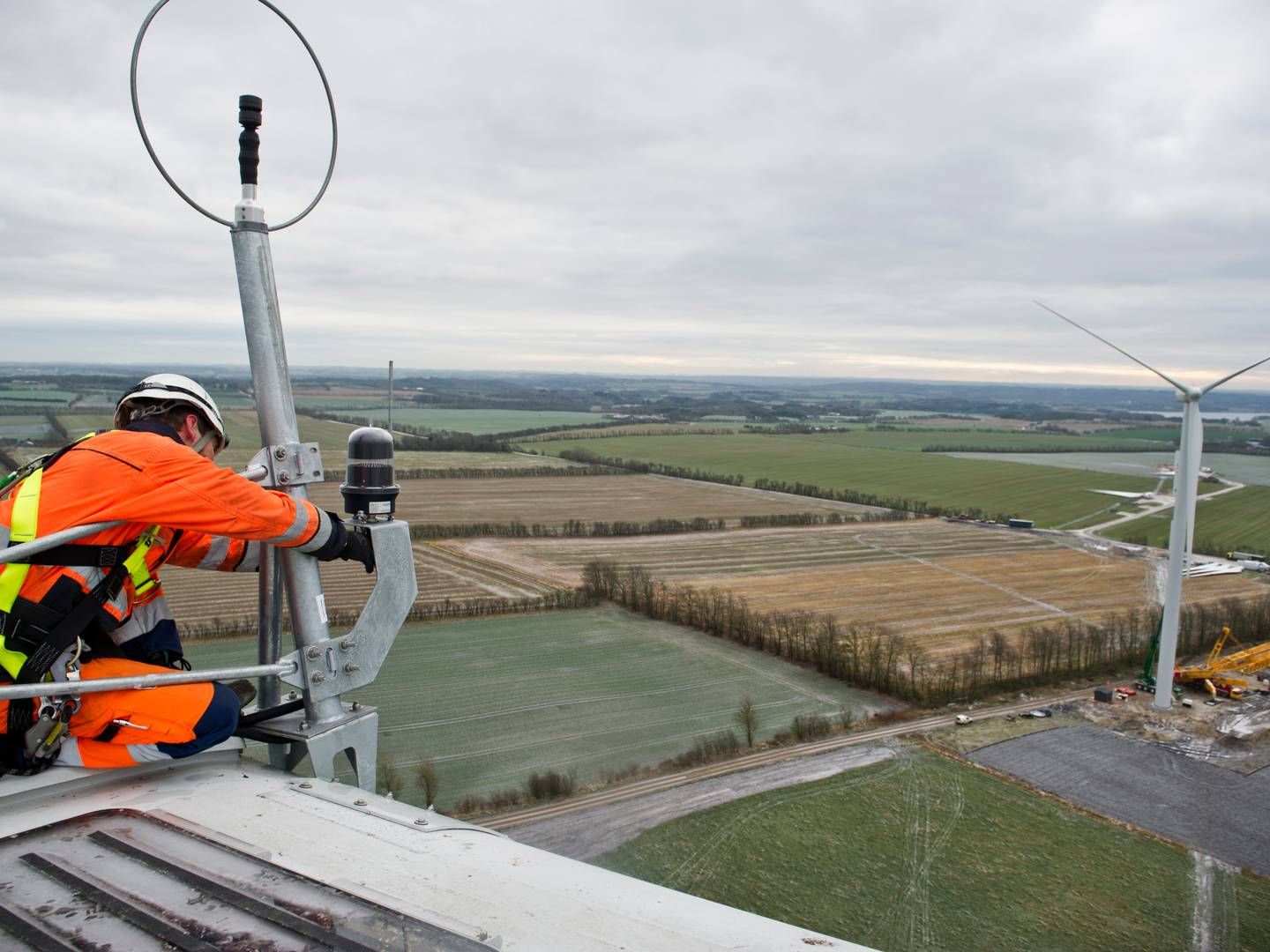
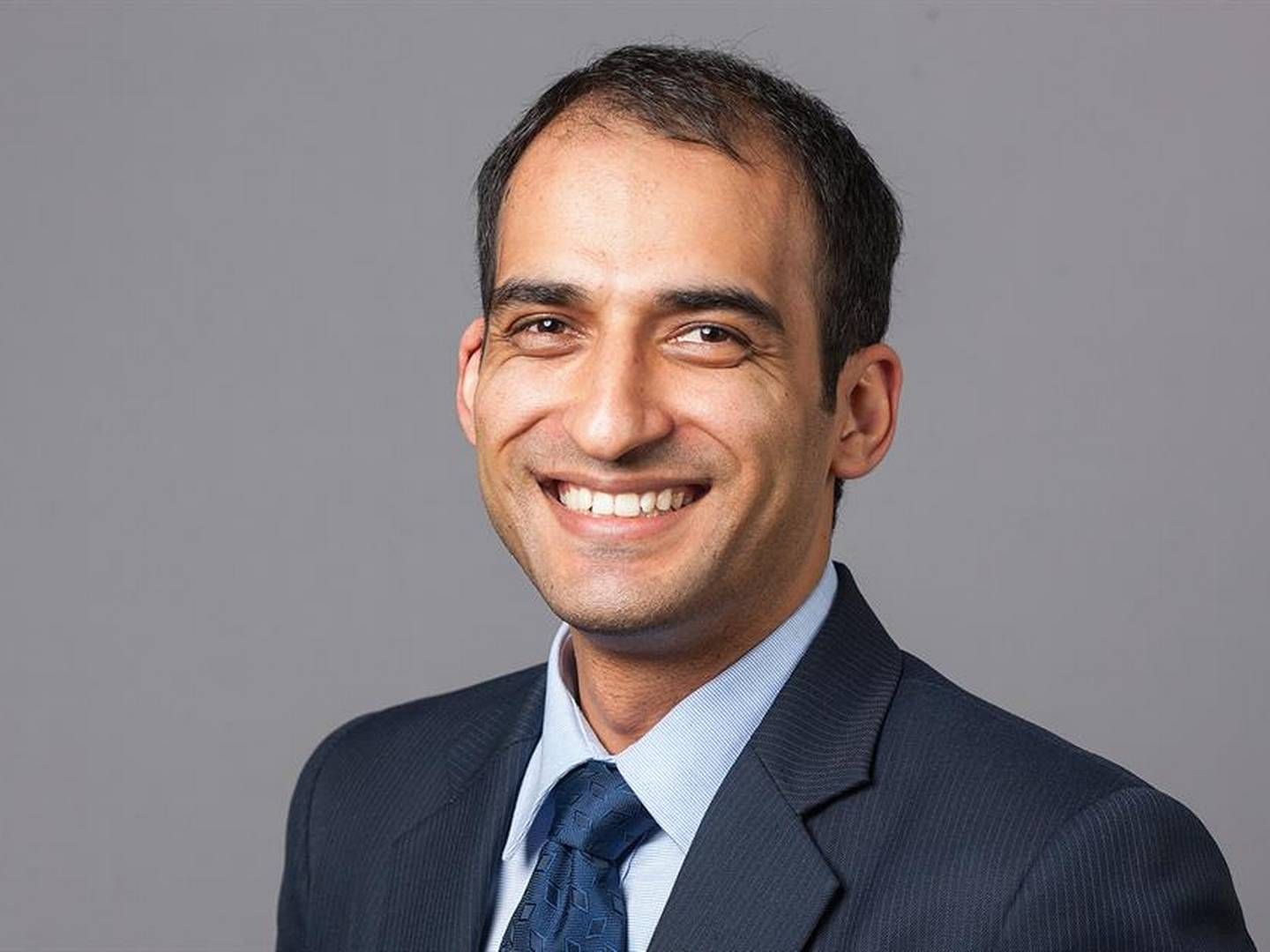


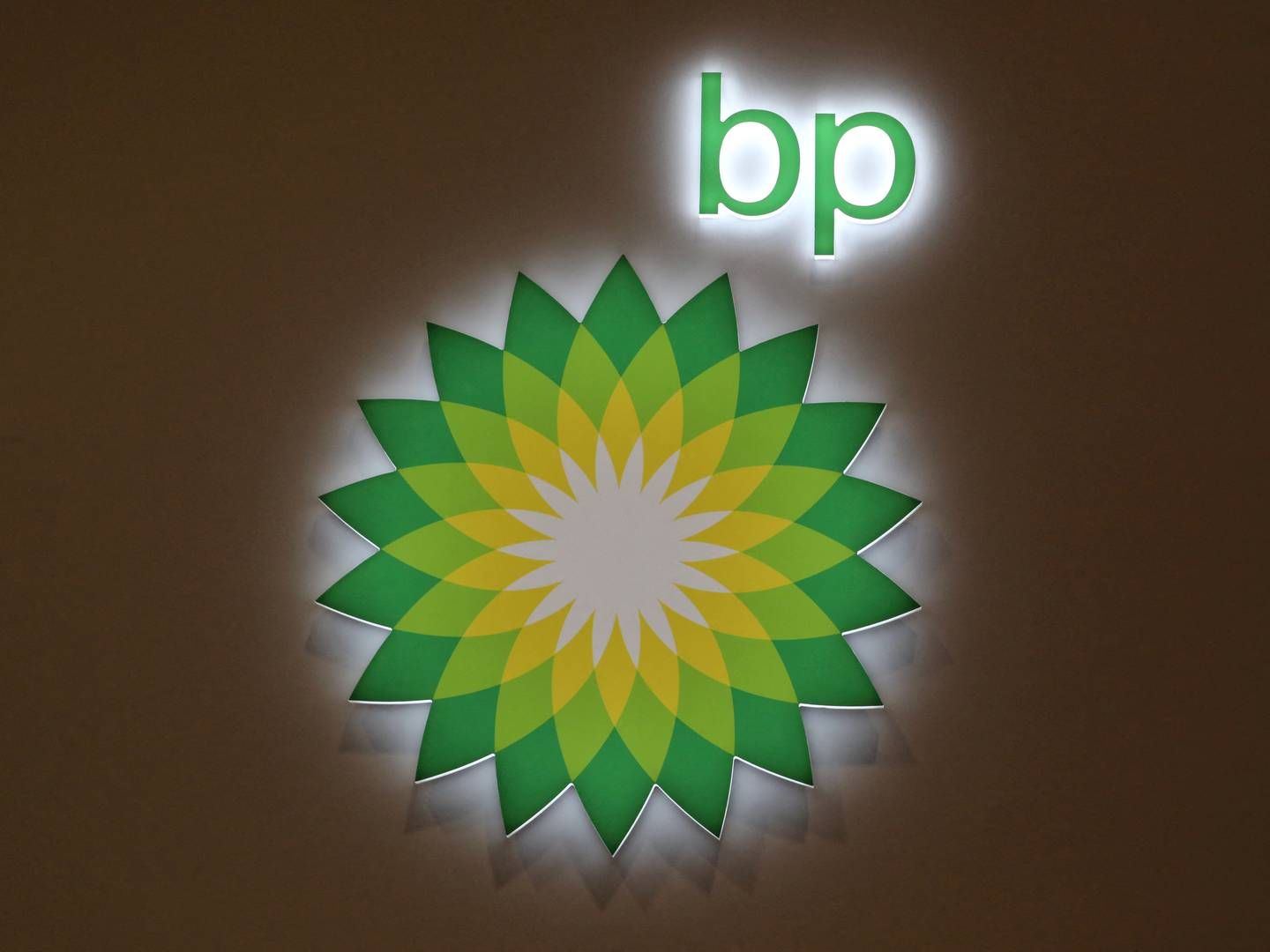
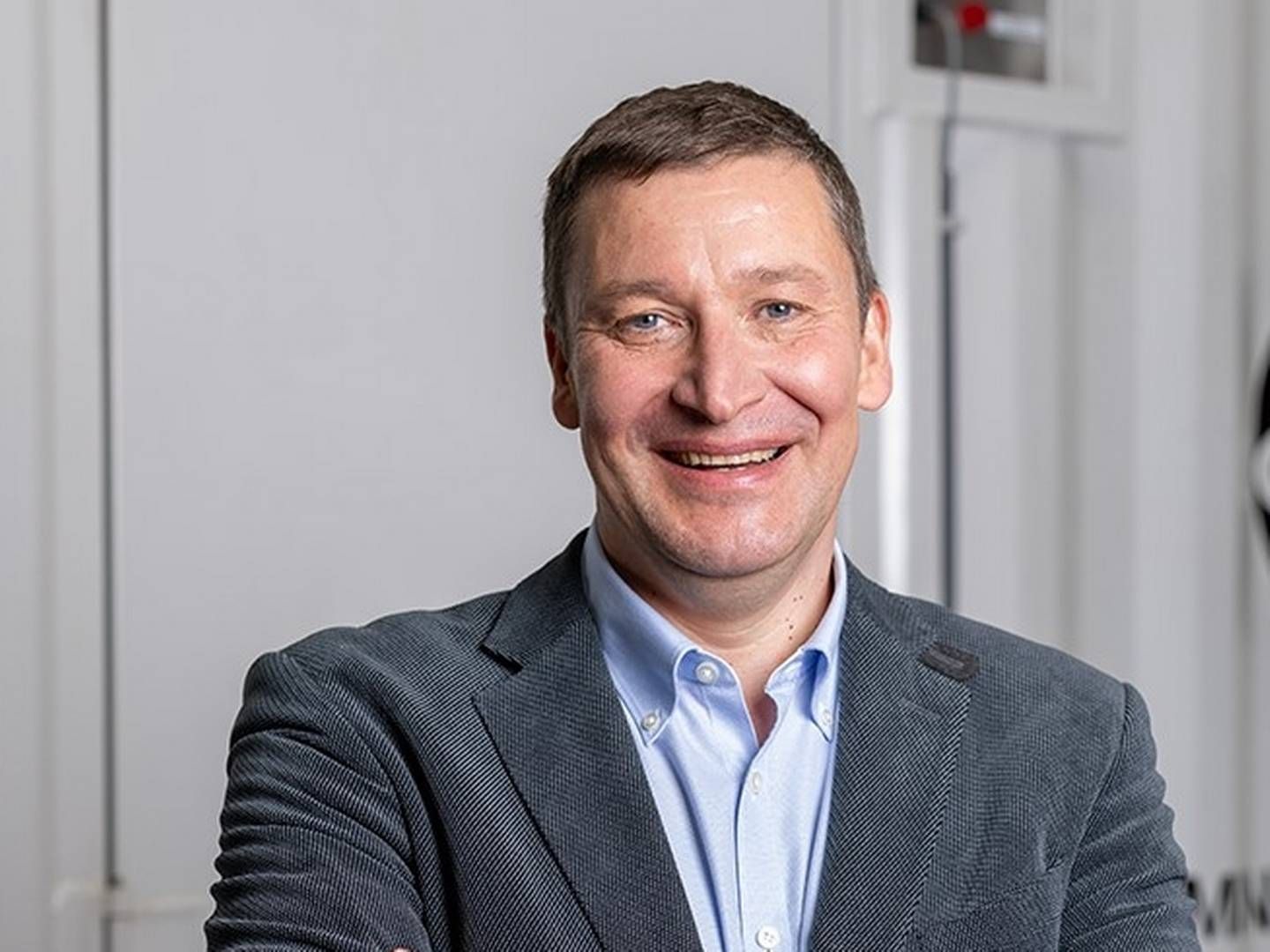






.jpg&w=384&q=75)
